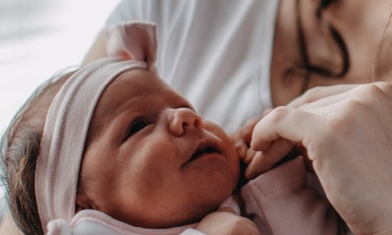Being self-employed has a number of great benefits that make it attractive to many people: you can go on holiday when you want, you can control your budgets, you can work in a space that suits you and you can continue to develop a professional skill every day.
To go along with the freedom and control, there are a number of drawbacks. As well as generating your own work, you also have to ensure that you’ve paid your own taxes and kept on top of a vast amount of organisation. And you can miss out on some of the perks that employment can bring, such as death-in-service benefit.
Life insurance for self-employed people can bring a sense of stability to a career that isn’t always predictable. Because of the lack of employee benefits, life insurance is arguably more important for self-employed people than for those in full-time employment.
Should I get life insurance if I'm self-employed?
Working for an employer has a raft of benefits that are unavailable for the self-employed. One of these is ‘death-in-service' benefit, where employers pay a multiple of your salary (usually two to four times) to your dependents should you die while employed.
Many employers also provide things that would cost you if you were self-employed, such as health insurance, sick leave, maternity leave and so on.
Self-employment comes with the responsibility to provide all of these things for yourself. As you may also be providing for your family at the same time as working for yourself, the financial worries can be multiplied.
Life insurance for self-employed people can provide a safety net for those you love should you die. Unlike employment, where your family could expect some form of payout from your employer, self-employment relies on your ability to create savings to provide for your family.












